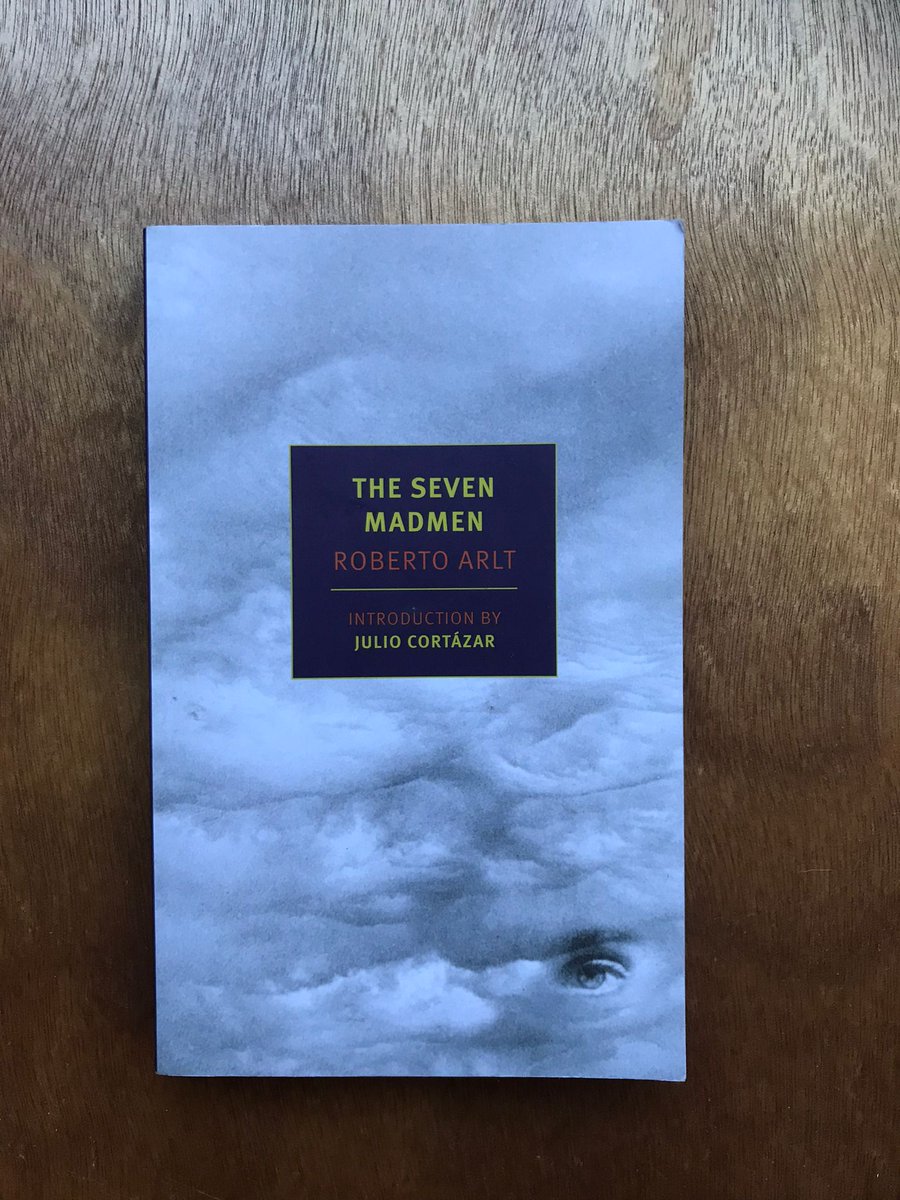16 books you probably haven't heard of but should consider reading (and why):
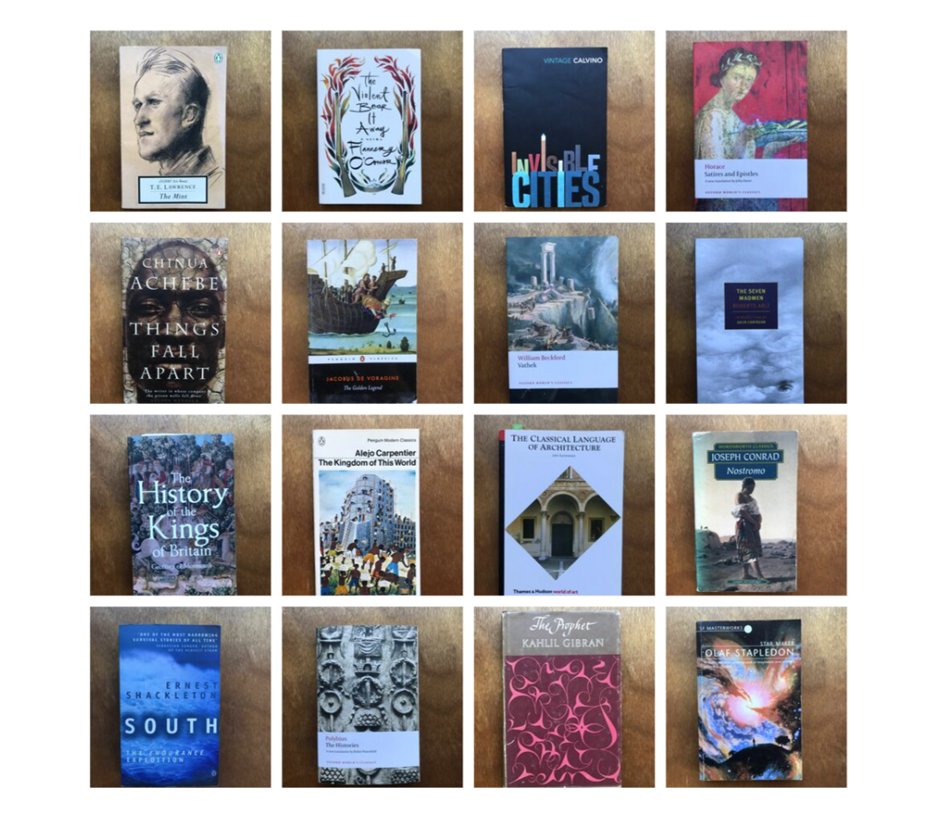
1. Vathek by William Beckford (1786) Perhaps the strangest novel the 18th century: a mix of comedy, horror, romance, and fantasy. Vathek is enigmatic and indescribable. In other words, it's an imaginative masterpiece
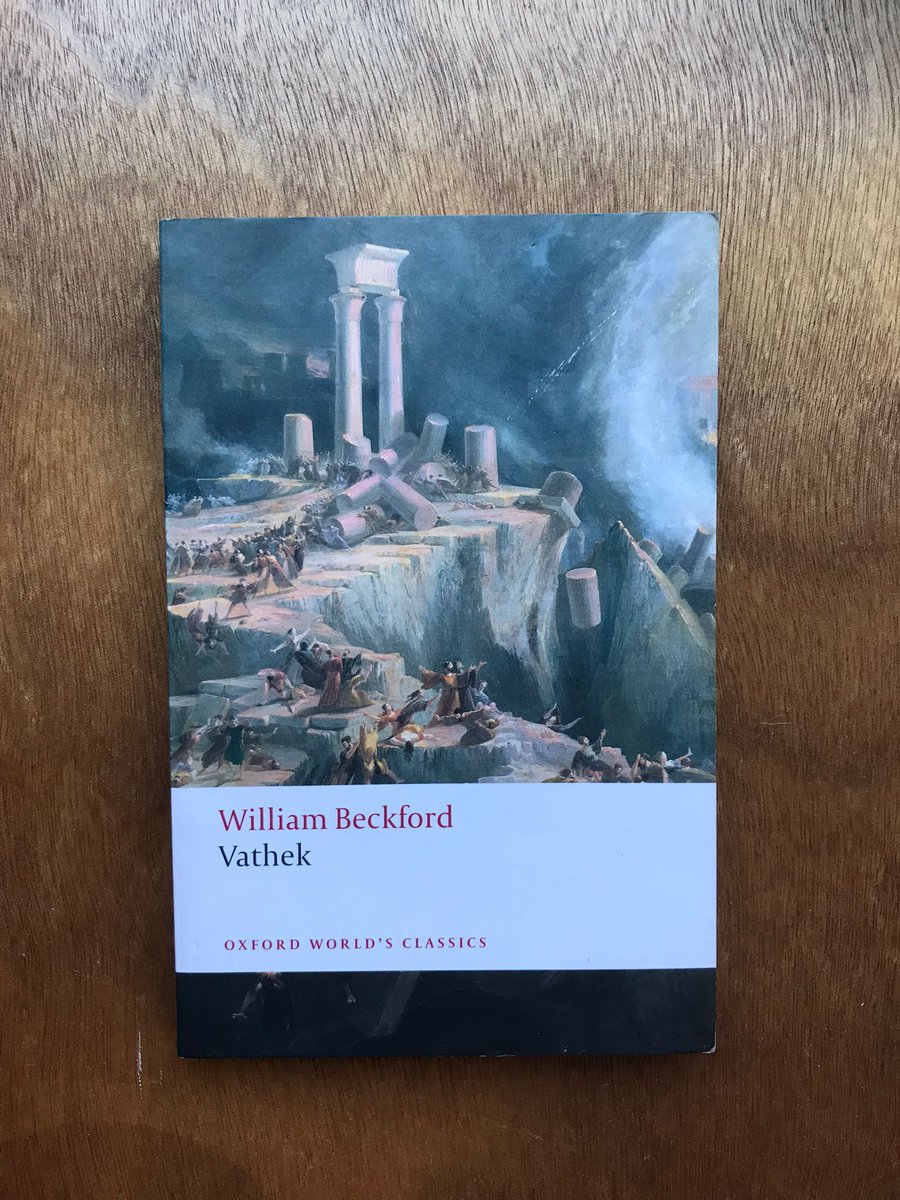
2. Satires and Epistles of Horace (30 B.C.) The great Roman poet Horace has been called witty, caustic, perceptive, insightful, and hilarious. He's all of those things - and more. The Satires and Epistles are a brilliant parody of human nature as true now as they were then.
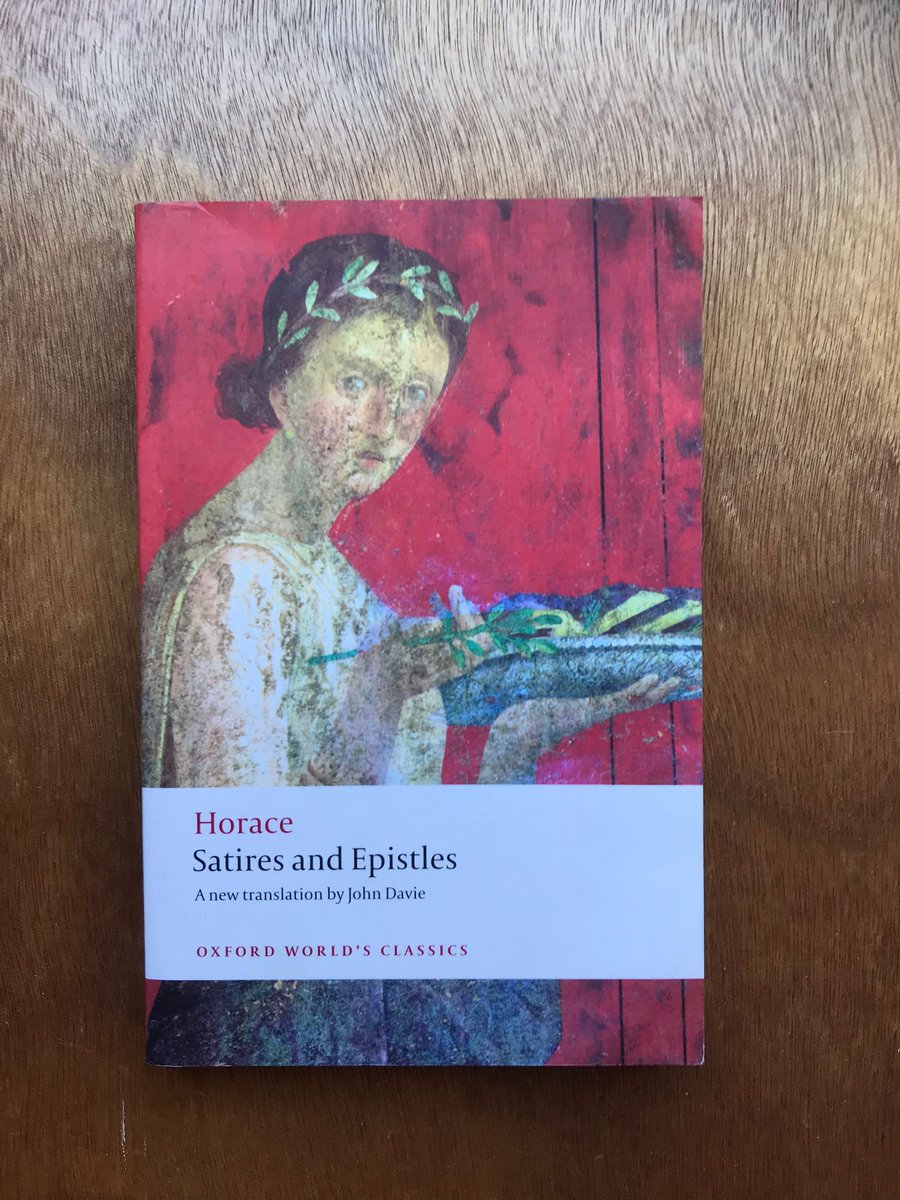
3. South by Ernest Shackleton (1919) The true story of the 1914-17 Trans-Antarctic Expedition as told by its captain, the legendary explorer Ernest Shackleton. This is an epic of human endeavour and fortitude which cannot fail to inspire and astound.
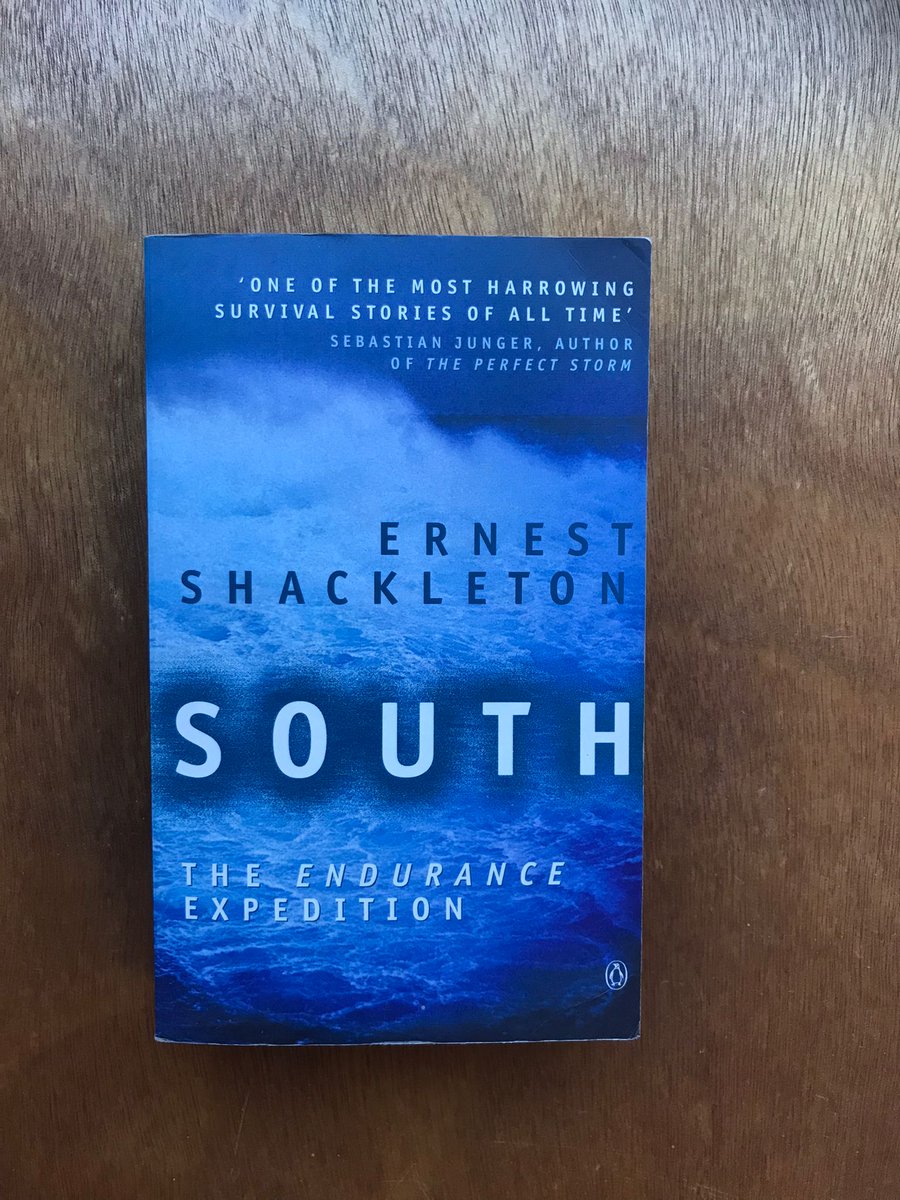
4. The Violent Bear It Away by Flannery O'Connor (1960) A classic of Southern Gothic literature, and rightly so. Its exploration of Catholicism, destiny, religion, and secularism is darkly compelling. And O'Connor's prose is, as ever, eminently readable.
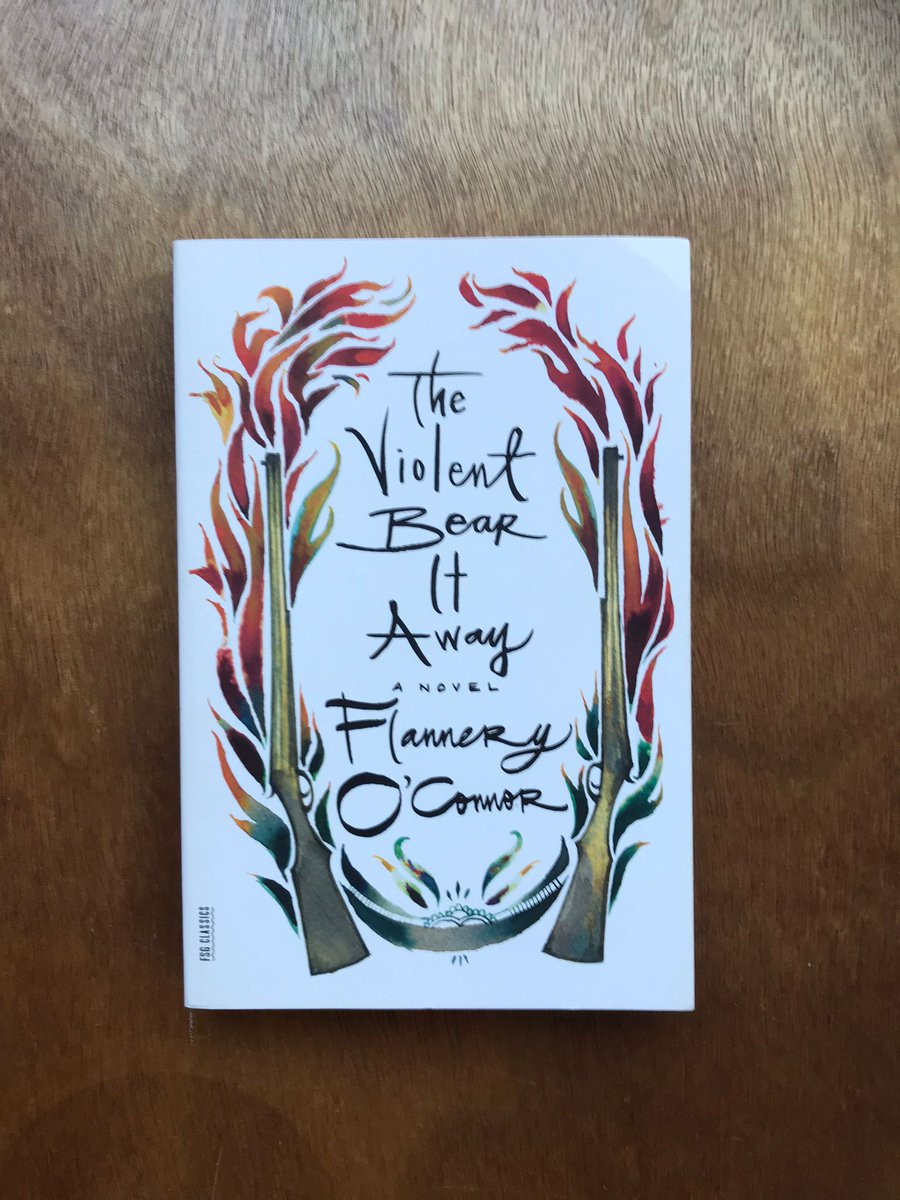
5. Star Maker by Olaf Stapledon (1937) Perhaps the ultimate work of speculative science fiction. Star Maker is unmatched for its scale: an imagined history of the entire universe. But Stapledon's delivery does not fall short of his concept. You've never read anything like it.
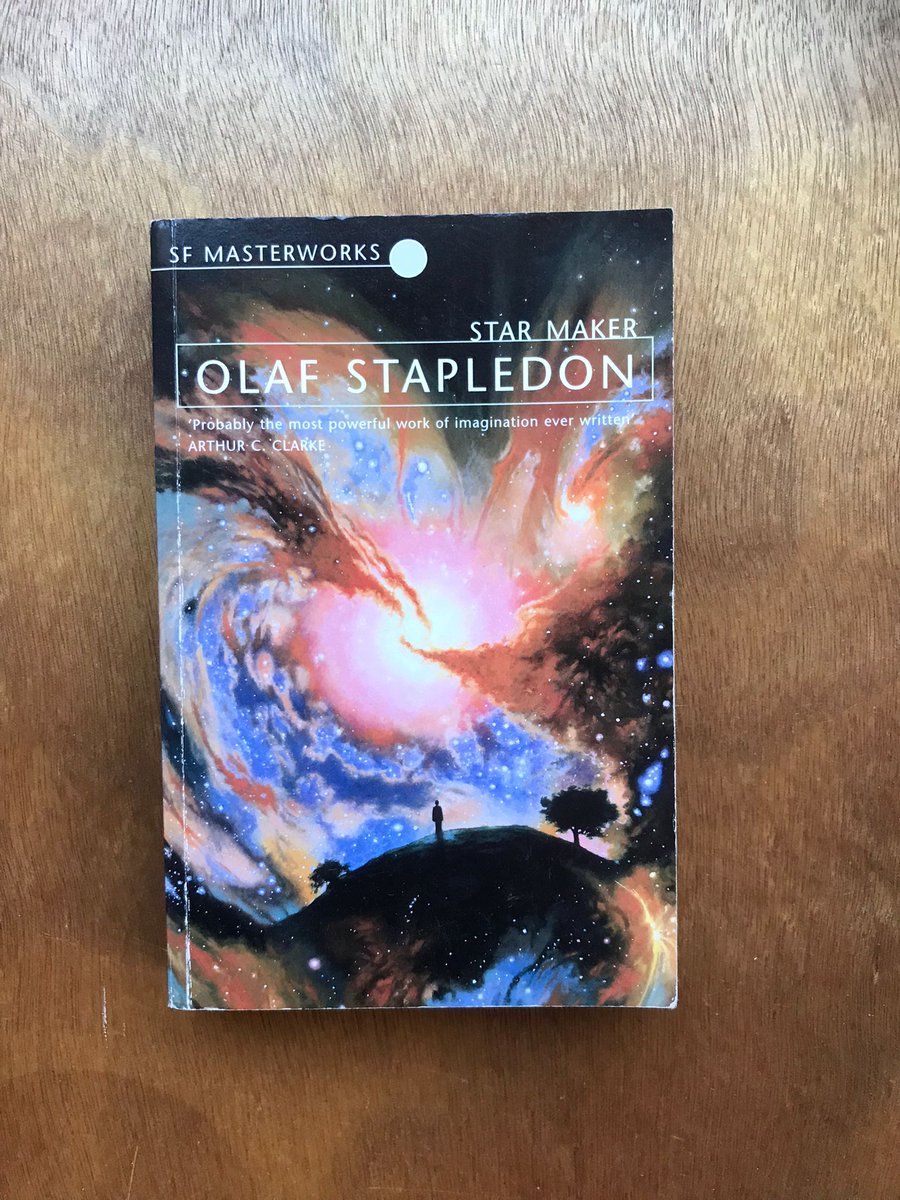
6. The Histories of Polybius (120 B.C.) Polybius is the historians' historian, less famous than Herodotus or Thucydides, but no less brilliant. In particular, his investigation of the Roman constitutional system is vital reading for anybody interested in Roman history.

7. The Mint by T.E. Lawrence (1955) An awkward, flawed memoir by Lawrence of Arabia about his life *after* the First World War. And that's why The Mint is so good. It's the deeply self-conscious account of a hero uncomfortable with fame and trying to escape its shadow.

8. Invisible Cities by Italo Calvino (1972) Calvino pushes the novel to its limits. Here he reimagines the tourist travel guide as an exploration of 55 fictional, fantastical, impossible cities. It will reframe what you think is possible in prose.
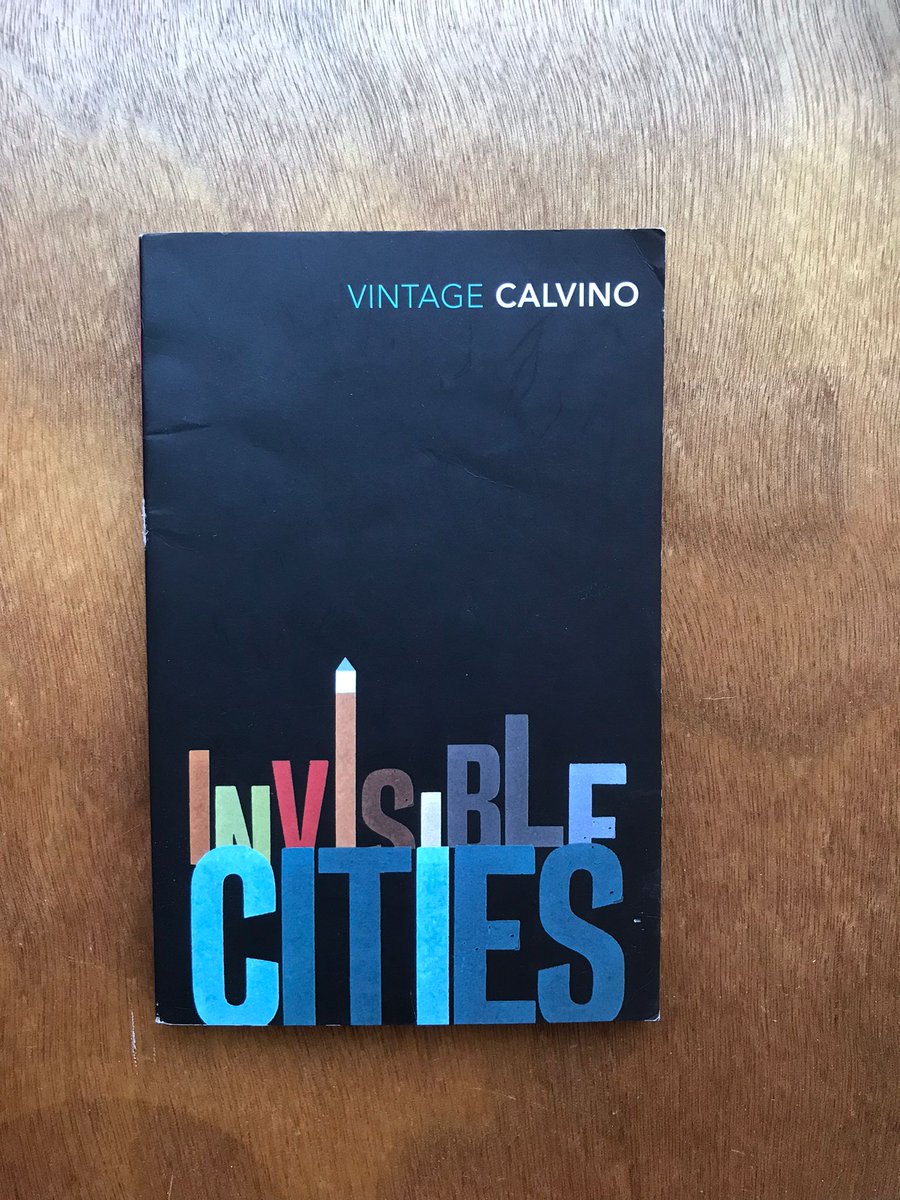
9. The Prophet by Kahlil Gibran (1923) Although it's one of the best-selling books of all time, The Prophet is less famous now than it once was. Part prose, part poetry, part fable, this is a timeless work of wisdom literature no less mysterious than it is enlightening.
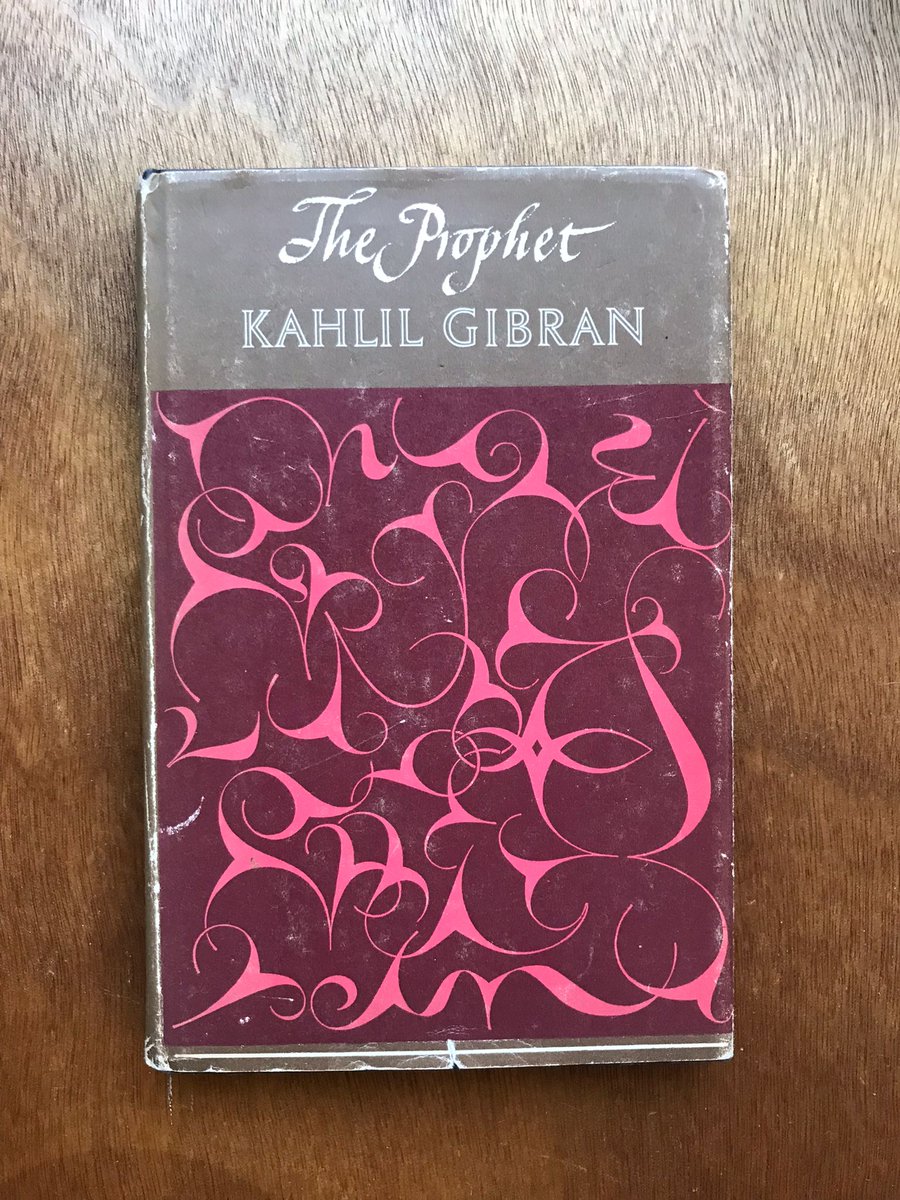
10. Things Fall Apart by Chinua Achebe (1958) This was the late, great Chinua Achebe's debut novel, and represents a watershed moment in literary history as modern African fiction announced itself on the world stage. It is tragic, moving, subtle, insightful, and powerful.
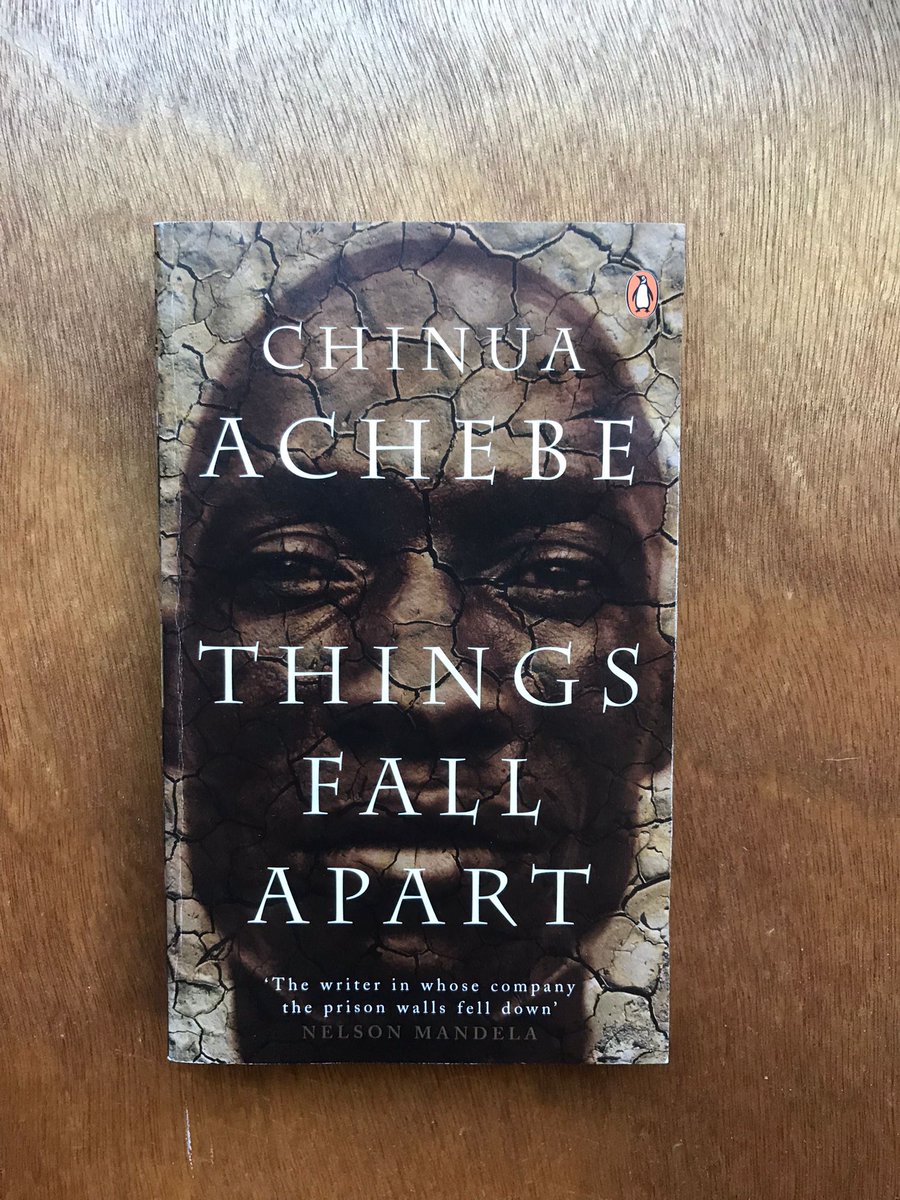
11. The Classical Language of Architecture by John Summerson (1965) An elegant and informative introduction to classical architecture. Summerson relates its history, style, and importance with unusual grace and clarity. The perfect introduction to classical architecture.
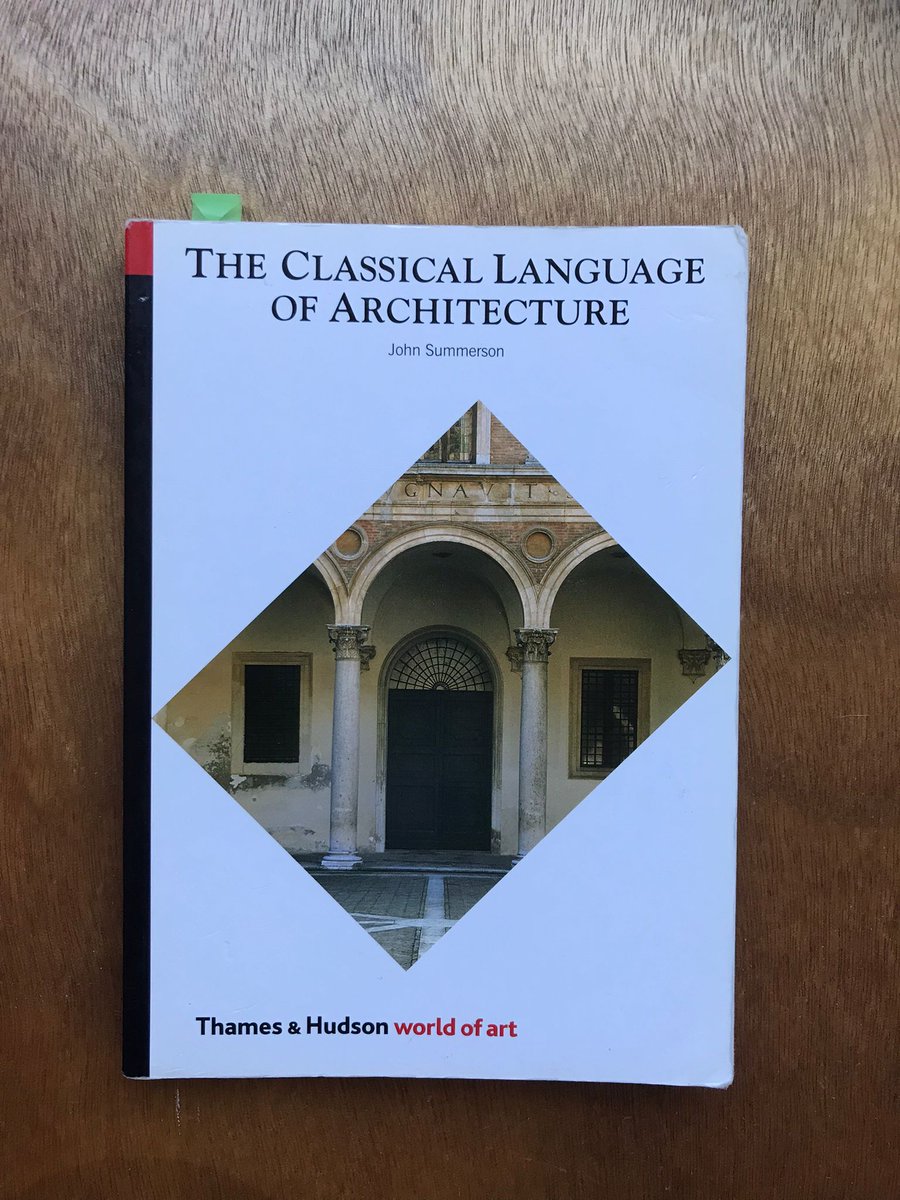
12. Nostromo by Joseph Conrad (1904) While Heart of Darkness is Conrad's most famous novel, Nostromo might be his best. Far ahead of its time, Nostromo is a realist epic set in the fictional South American country of Costaguana.
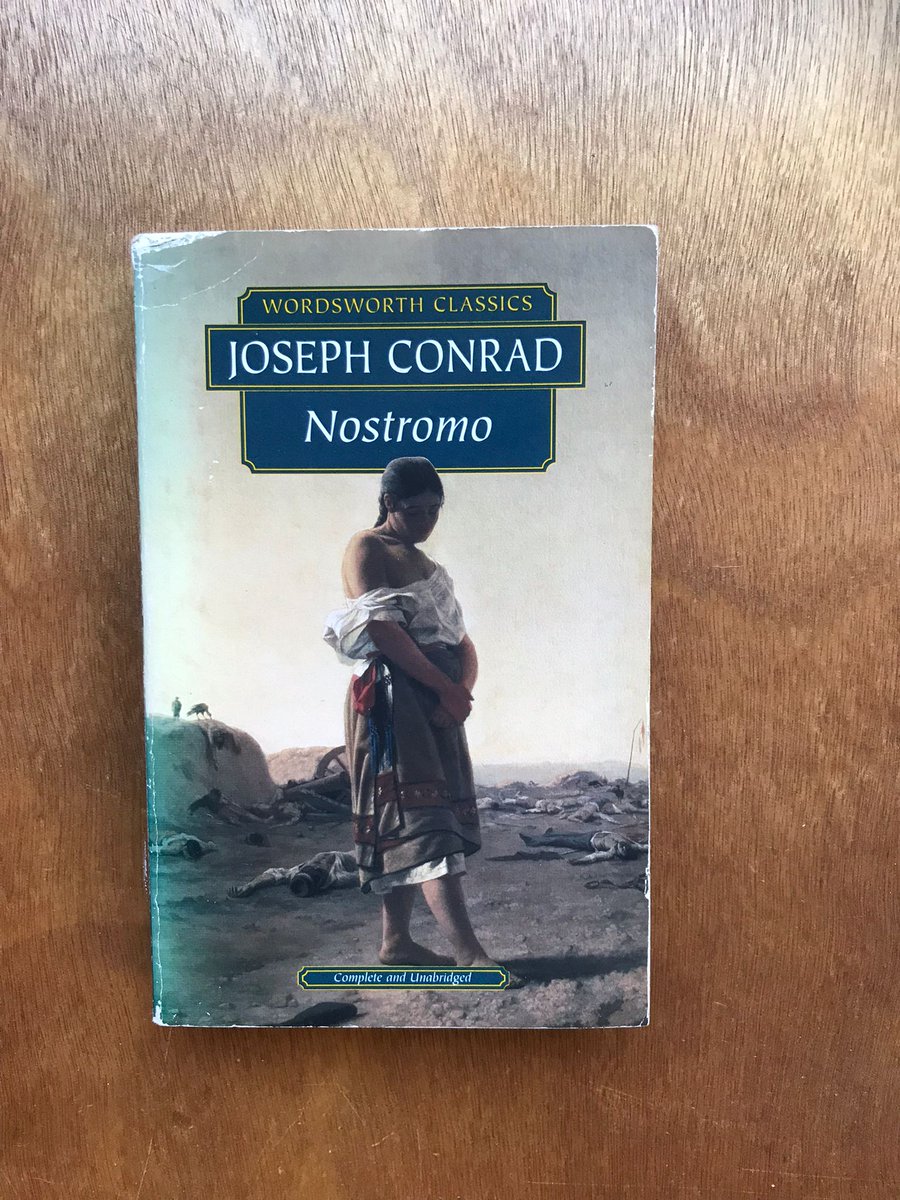
13. History of the Kings of Britain by Geoffrey of Monmouth (1136) A pseudo-historical account of British kings from the time of the Trojan War right through to the rise of the Anglo-Saxon kingdoms. This is where Shakespeare's Lear and King Arthur originate.
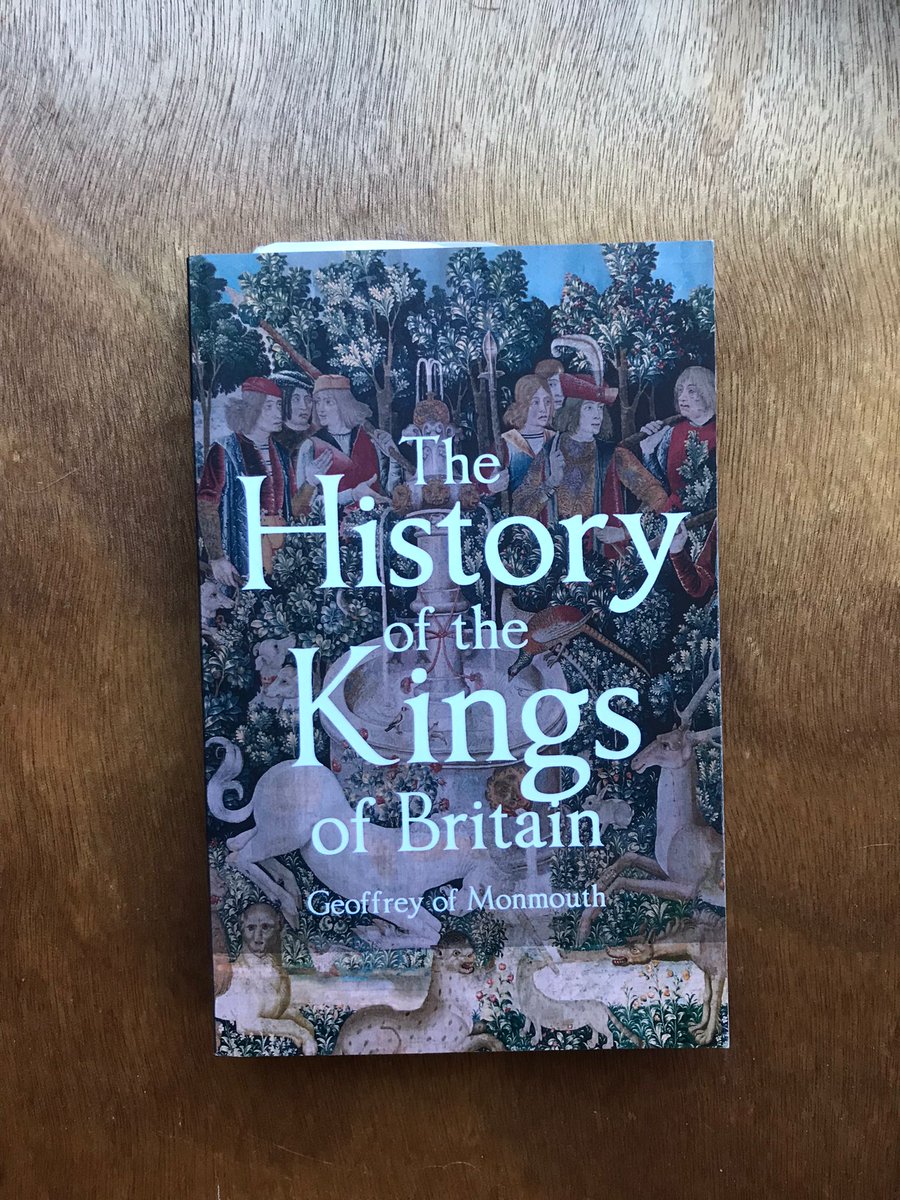
14. The Kingdom of This World by Alejo Carpentier (1957) A literary retelling of the 1791 Haitian Revolution told in an enchanting, supernatural, quasi-Biblical way by the great Alejo Carpentier. One of the foundational works of Latin American and Caribbean literature.
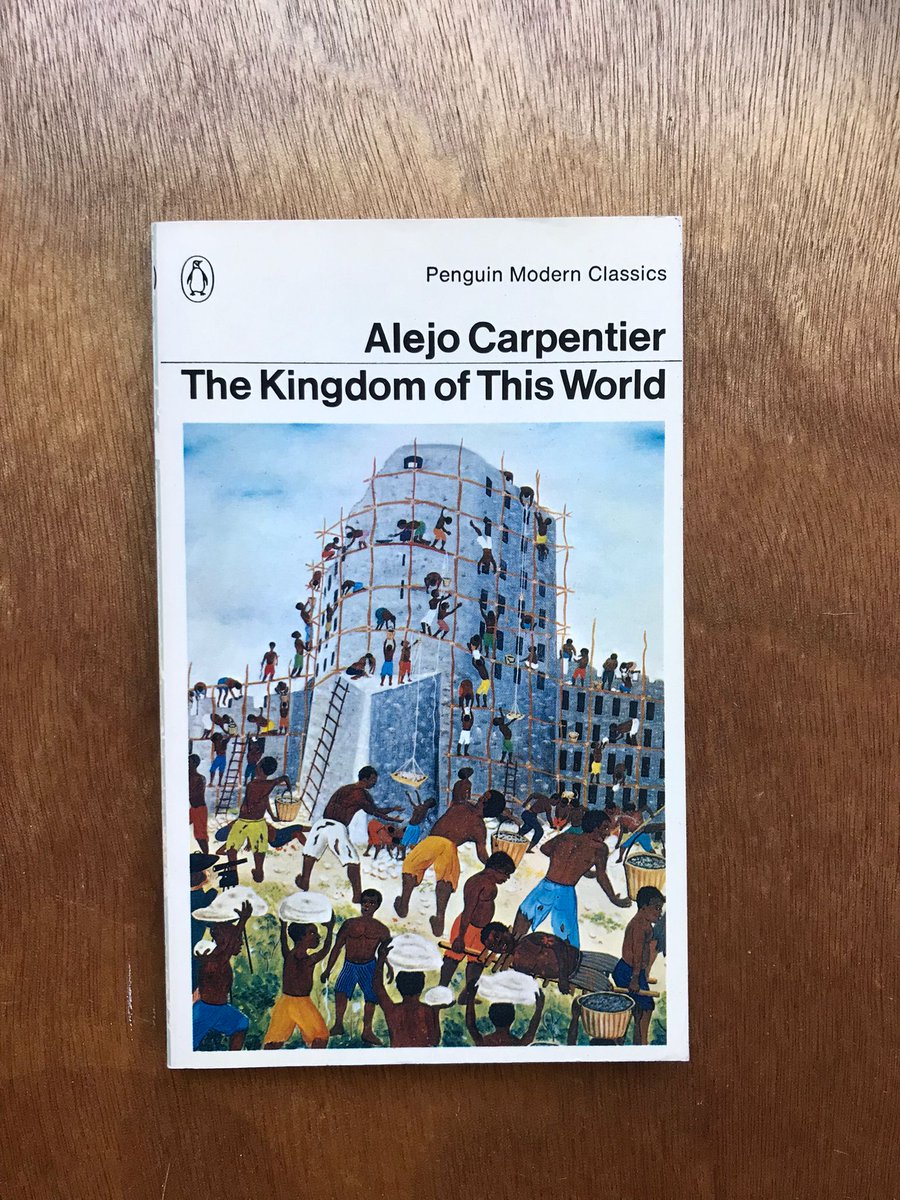
15. The Golden Legend by Jacobus de Voragine (1266) A collection of hagiographies (the biographies of saints) compiled by Jacobus de Voragine. This veritable encyclopaedia of saints is vital reading for anybody who wants to truly understand the Middle Ages.
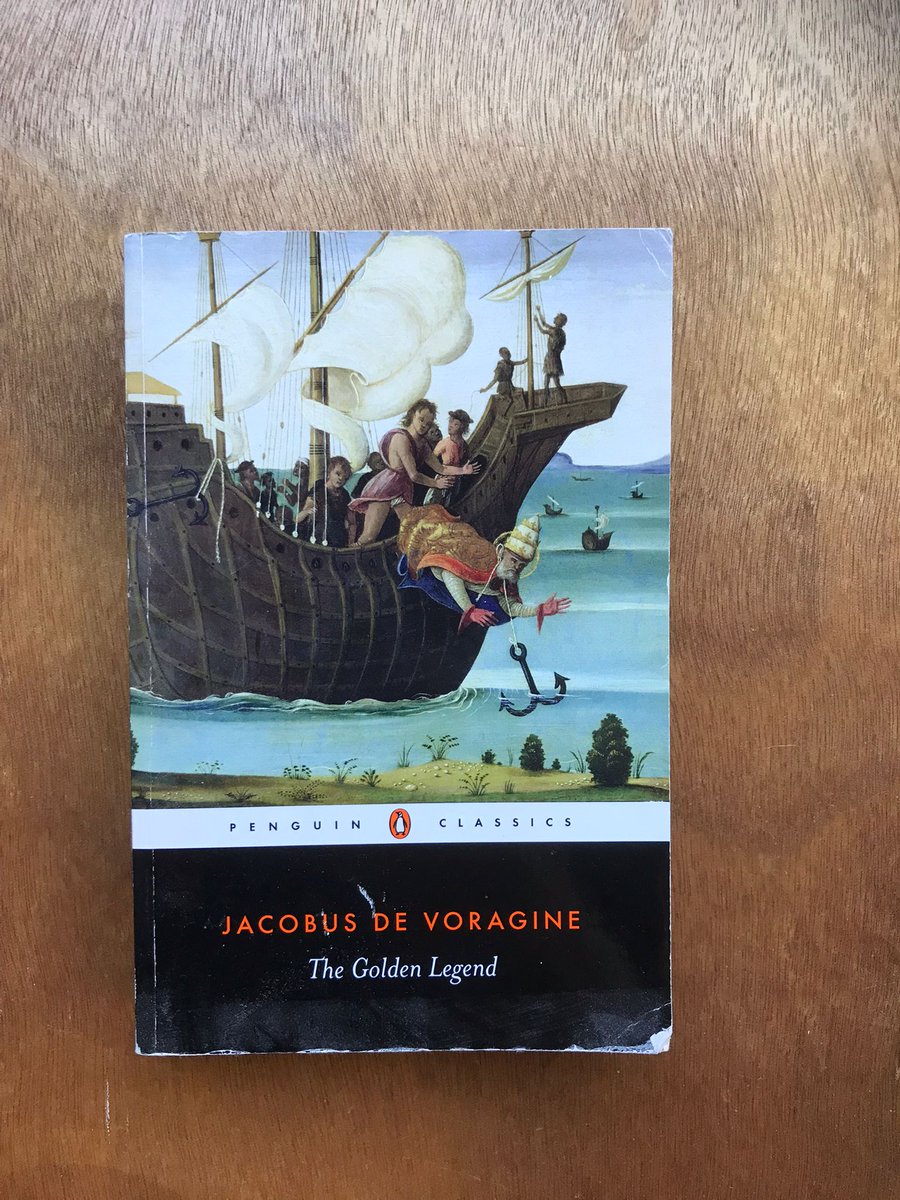
16. The Seven Madmen by Roberto Arlt (1929) Arlt is less famous in the Anglosphere than he deserves to be. The Seven Madmen possesses an intensity and urgency you won't find in European literature. It will push you to the edge of your sanity.
